Redaccion: Allafrica
Has updated the list of approved post-graduate awarding institutions in Nigeria.
The commission said it observed that some Nigerian universities are running unapproved post-graduate programmes, leading to the award of Masters and PhD degrees.
«The commission has also observed some parastatals and institutes awarding these same post-graduate degrees, either on their own or through unapproved affiliation with Nigerian and foreign universities,» it said.
According to the commission, such practices are not only unethical, «but also antithetical to time -tested quality assurance best practices».
«The commission hereby notifies the general public that only the following universities have the approval to offer post-graduate programmes at the Masters’ and PhD levels in Nigeria.»
A bulletin from the office of the Executive Secretary dated March 24 contains the list of federal, state and private universities currently allowed to issue such certificates to students in Nigeria.
The bulletin was released a few days after the government ordered the closure of all schools in Nigeria due to the coronavirus outbreak.
As of 2018, Nigeria had 162 universities: 41 are federal, 47 are state-owned while 74 are privately owned institutions.
Out of the 41 federal universities across the country, 26 are approved by the commission for post-graduate programmes, 25 state universities were approved for post-graduate programmes out of the 47 state-owned universities in the country while 18 universities out of 74 private universities were approved for post-graduate studies.
But in the March 2020 bulletin which was obtained by PREMIUM TIMES on Tuesday, more universities have been granted approval by the commission for post-graduate programmes.
Currently, Nigeria has 170 universities, 43 are federal, 48 are state-owned while 79 are privately owned.
Out of the 43 federal universities, 32 are approved by the commission for postgraduate programmes. They are
1. Abubakar Tafawa Balewa University, Bauchi
2. Ahmadu Bello University, Zaria
3. Bayero University, Kano
4. Federal University of Technology, Akure
5. Federal University of Technology, Minna
6. Federal University of Technology, Owerri
7. Micheal Okpara University of Agriculture, Umudike
8. Modibbo Adama University of Technology, Yola
9. National Open University of Nigeria, Lagos
10. Nigeria Defence Academy, Kaduna
11. Nnamdi Azikwe University, Akwa
12. Obafemi Awolowo University, Ile Ife
13. University of Abuja, Gwagwalada
14. University of Agriculture, Abeokuta
15. University of Agriculture, Makurdi
16. University of Benin, Benin City
17. University of Calabar, Calabar
18. University of Ibadan, Ibadan
19. University of Ilorin, Ilorin
20. University of Jos, Jos
21. University of Lagos, Akoko
22. University of Maiduguri, Maiduguri
23. University of Nigeria, Nsukka
24. University of Port Harcourt, Port Harcourt
25. University of Uyo, Uyo
26. Usmanu Dan Fodio University, Sokoto
27. Federal University, Lafia
28. Federal University, Ndufu-alike
29. Federal University, Dutse
30. Federal University of Petroleum Resources, Effurum
31. Federal University, Oye- Ekiti
32. Air Force Institute of Technology, Kaduna
Similarly, 31 state universities were approved by the commission for post-graduate programmes out of the 48 state-owned universities in the country. The approved universities are :
1. Abia State University, Uturu
2. Adamawa State University, Mubi
3. Adekunle Ajasin University, Akungba Akoko
4. Ambrose Alli University, Ekpoma
5. Anambra University, Uli
6. Benue State University, Makurdi
7. Cross River University of Technology, Calabar
8. Delta State University, Abraka
9. Ebonyi State University, Abakaliki
10. Ekiti State University, Ado Ekiti
11. Enugu State University of Science and Technology, Enugu
12. Imo State University, Owerri
13. Kogi State University, Anyigba
14. Ladoke Akintola University of Technology, Ogbomoso
15. Lagos State University, Ojo
16. Nasarawa State University, Keffi
17. Niger Delta University, Wilberforce Island
18. Olabisi Onabanjo University, Ago Iwoye
19. Rivers State University of Science and Technology
20. Umar Musa Yar’Adua University, Katsina
21. Gombe State University, Gombe
22. Ibrahim Babangida University, Lapai
23. Kano State University of Science and Technology
24. Kebbi State University of Science and Technology
25. Kwara State University, Malete
26. Kaduna State University, Kaduna
27. Bauchi State University, Gadau
28. Yobe State University, Damaturu
29. Ignatius Ajuru University of Education, Rumuolumeni
30.Tai Solarin University of Education
31.Osun State University, Osogbo
Meanwhile, only 31 universities out of 79 private universities were approved for post-graduate studies. The 18 institutions are:
1. African University of Science and Technology, Abuja
2. American University of Nigeria, Yola
3. Babcock University, Ilishan Remo
4. Benson Idahosa University, Benin City
5. Bowen University, Iwo
6. Covenant University, Ota
7. Igbiniedo University, Okada
8. Pan-African University, Lekki
9. Redeemer’s University, Mowe, Ogun State
10. Caleb University, Lagos
11. Joseph Ayo Babalola University, Ikeji-Arakeji
12. Nigerian Turkish Nile University, Abuja
13. Afe Babalola University, Ado Ekiti, Ekiti State
14. Lead City University, Ibadan (MSc. Only)
15. University of Mkar, Mkar (MSc. Only)
16. Madona University, Okija
17. Al-hikmah University, Ilorin (MSc. Only)
18. Godfrey Okoye University, Ugwuomu-Nike , Enugu state.
19. Adeleke University,Ede
20. Veritas University, Abuja
21. Achievers University,Owo
22. Al-Qalam University, Katsina
23.Baze University, Abuja
25. Crawford University, Igbesa
26. Crescent University, Abeokuta
27. Fountain University, Osogbo
28. Landmark University, Omu-Aran
29. Novena University, Ogume
30. Salem University, Lokoja.
31. Bingham University, Karu
«Employers of labour, educational institutions and other stakeholders are to note that only certificates issued by these universities for their approved programmes are valid for employment, further studies and other purposes,» the commission said.
Speaking with PREMIUM TIMES, the NUC Director of Information and Public Relations, Ibrahim Yakasai, said all the ‘legal’ universities in Nigeria can actually do post-graduate courses «only after meeting certain criteria and conditions of the commission».
According to him, the commission must verify that the institutions have adequate resources which include «physical and human resources.»
«All universities can ‘graduate’ to post-graduate but the universities with approval are those that are matured, (who) applied and have met the requirements and they’ve been allowed to do post-graduate. So, we published the names of the universities who have met the conditions,» he said.
BMASS still compulsory
Before a particular programme or school can be approved or accredited according to the NUC, the university must have fulfilled all the requirement in the Benchmark Minimum Academic Standard (BMAS).
BMAS is a document that contains all the minimum requirements before a particular programme or school can be approved or accredited by NUC.
The primary objectives of the commission are to ensure the orderly development of university education in Nigeria, to maintain high standards and ensure adequate funding for them.
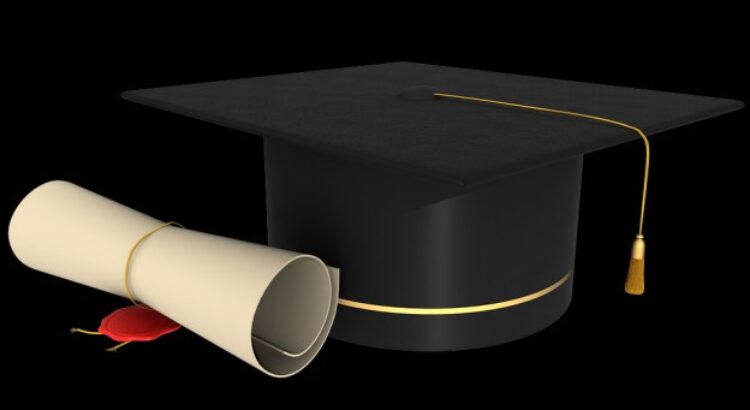

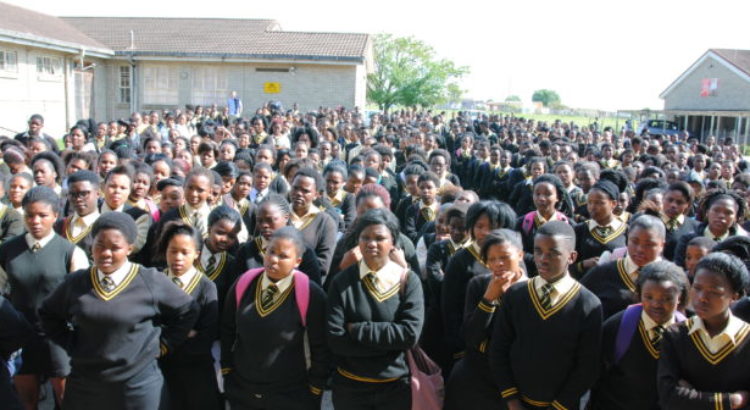
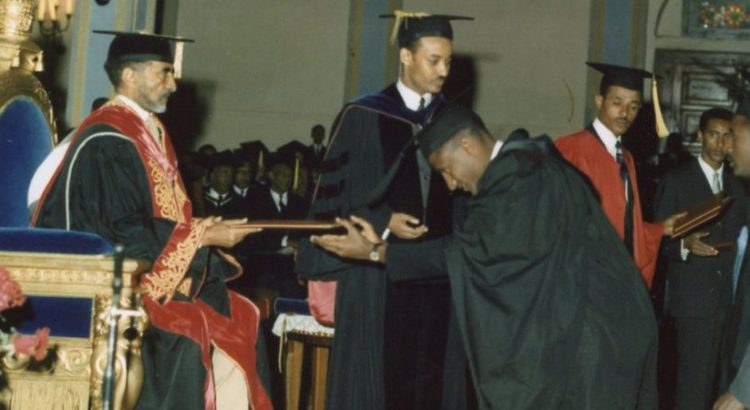
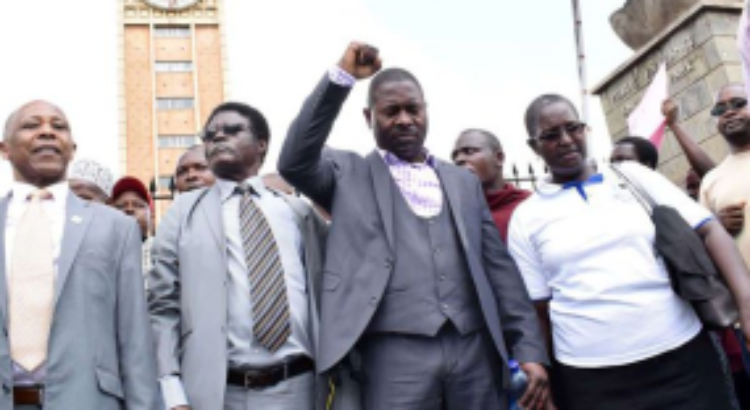
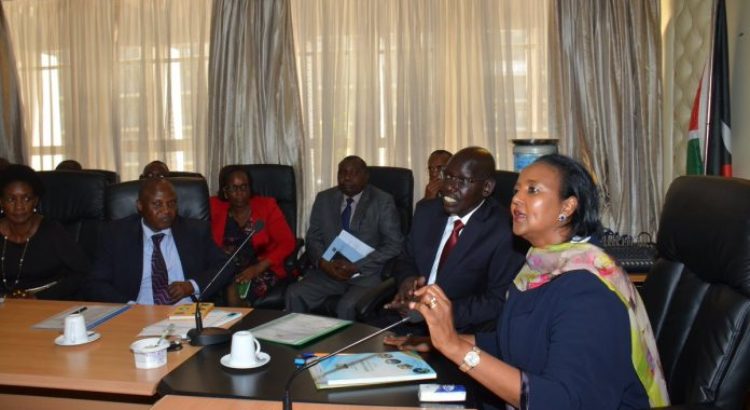






 Users Today : 146
Users Today : 146 Total Users : 35459741
Total Users : 35459741 Views Today : 241
Views Today : 241 Total views : 3418213
Total views : 3418213